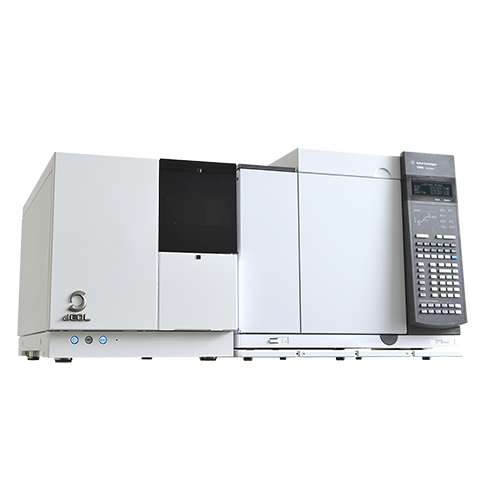Peabody, MA – JEOL USA, Inc, a leader in the mass spectrometry space for over 60 years, is once again leading the way in laboratory innovation. Results from a new study by JEOL researchers (http://dx.doi.org/10.1002/rcm.9258) show that pesticide analysis time can be markedly decreased using an LPGC column in tandem with short collision cell technology.

Image Credit: JEOL USA, Inc.
Where previous methods of pesticide analysis can typically take 20 to 40 minutes, JEOL researchers found that three SRM transitions for all 244 pesticides measured were detected in a standard mixture within 11-minutes.
Kirk Jensen, the lead researcher in this project, was particularly enthused about the impact this will have on the pesticide analysis industry: “The prospect of being able to double sample throughput or screening for a wide variety of pesticides quickly is valuable to any lab analyzing pesticide residues, and I can see the benefits of this technique reaching well beyond pesticide analysis”.
This new method of pesticide analysis was made possible by combining two key technologies: JEOL’s JMS-TQ4000GC (Triple Quad) instrument, and Restek’s Low-Pressure GC (LPGC) column kit. The study can be viewed in its entirety in the Rapid Communications of Mass Spectrometry journal, under open access.
In this method of analysis, the wide-bore column and MS vacuum reduce the pressure within the column, which decreases carrier gas viscosity and increases the optimum linear velocity. The result is faster compound elution at only a minor cost to separation efficiency. Because the pesticide compounds are expected to elute faster and closer together when using an LPGC column, MS/MS is even more critical to differentiate individual pesticides. JEOL’s Triple Quad mass spectrometer contains a short collision cell that allows a minimum dwell time of 1 ms and a maximum switching speed of 1,000 SRMs/s, which enables scientists to analyze compounds as quickly as they move through the LPGC column.
JEOL is a world leader in manufacturing equipment and instrumentation for demanding scientific and industrial research and development. Core product groups include electron microscopes (SEMs and TEMs), instruments for the semiconductor industry (electron beam lithography and a series of defect review and inspection tools), and analytical instruments including mass spectrometers, NMRs, and ESRs.